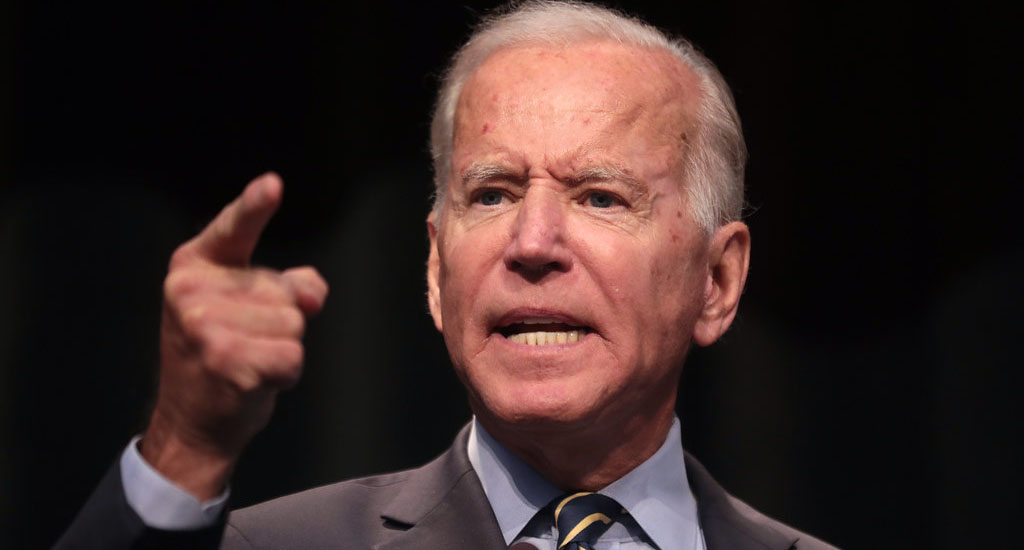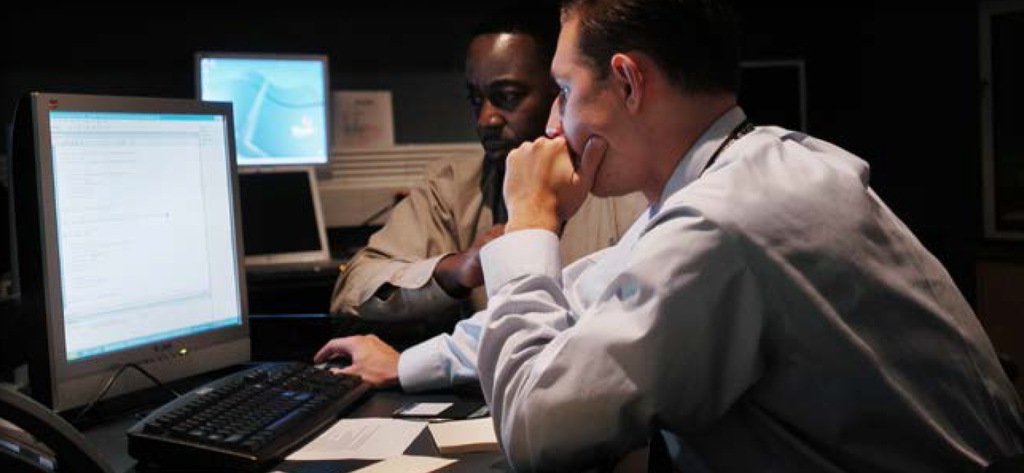Child predators and human traffickers could soon find themselves facing harsher, mandatory minimum sentences — including the potential for a life sentence — under the terms of legislation filed by Delegate Todd Gilbert (R-Shenandoah), who currently serves as the Republican majority leader in Virginia’s House of Delegates.
Gilbert, who prosecuted violent crime and major cases in Lynchburg and Shenandoah, introduced the measure as a priority item for the 2019 legislative session, which convened Wednesday in Richmond.
Gilbert’s bill stiffens the penalties for human trafficking, raising the crime from a class three to a class two felony, as well as imposing a 25 year mandatory minimum sentence on offenders who push persons into prostitution or hold them against their will.
The bill also imposes a 25 year mandatory minimum sentence on predators who profit from forcing children into prostitution or who receive any earnings from child exploitation.
Under current law, these crimes are class three felonies, which carry a term of imprisonment between five and twenty years. Gilbert’s bill elevates these offenses to class two felonies, punishable by prison sentences ranging from twenty years to life.
Additionally, the measure requires the 25 year mandatory minimum sentence to be served consecutively with any other term of imprisonment imposed upon the offender.
In 2017, the National Human Trafficking Hotline received reports of 179 human trafficking victims in Virginia, identifying 96 traffickers and 87 trafficking businesses. Of those cases, 117 involved sexual exploitation of victims. The majority of cases were reported in Northern Virginia, Hampton Roads, and the greater Richmond area.
Also in 2017, federal prosecutors pursued 33 active cases, resulting in 401 federal charges against 74 defendants, according to WSLS. 75% of those federal cases involved sex trafficking, while the remainder involved labor trafficking.
Human trafficking and sexual exploitation are crimes pursued by both federal and state prosecutors, depending on severity and the extent of the trafficking operation, which often crosses state lines.
In recent years, Virginia lawmakers have taken a number of steps to combat human trafficking and the exploitation of children.
In 2018, Senator Siobhan Dunnavant (R-Henrico) succeeded in passing legislation requiring state and local agencies to prominently post contact information for a human trafficking hotline designed to assist victims in breaking free and reporting their victimization to law enforcement.
Other measures included establishing an address confidentiality program and new training for school counselors, nurses, and other staff aimed at helping educators identify and prevent the crime being perpetrated against students.
Opponents of sex trafficking call the crime a modern form of slavery, noting that violent pimps often force victims into prostitution against their will, detaining them, holding their earnings, and making it nearly impossible to escape.
Gilbert’s bill will be considered during the 45 day legislative session, which lasts until mid-February. If passed by the General Assembly and signed into law by the governor, the stiffer sentences would go into effect July 1st.





